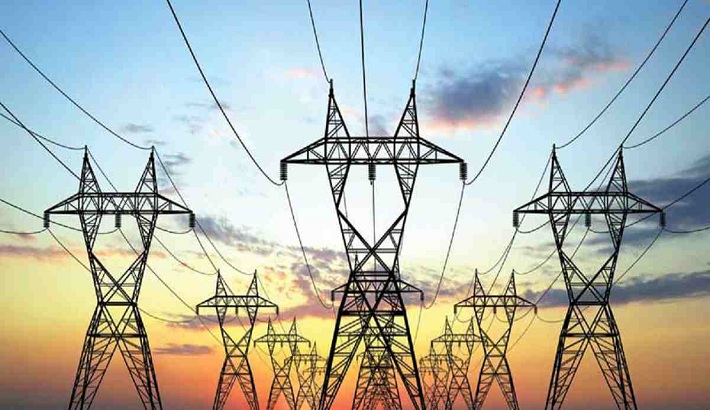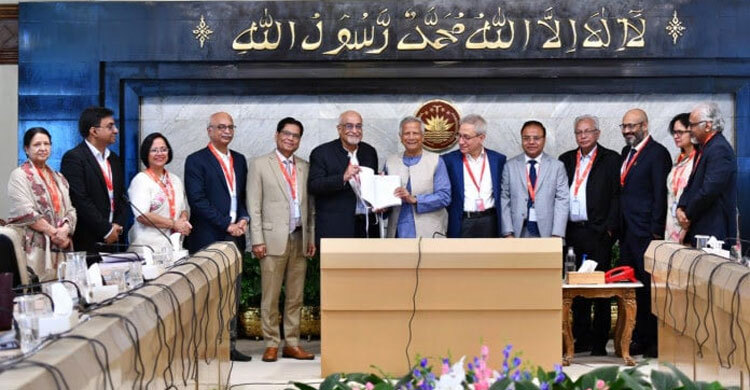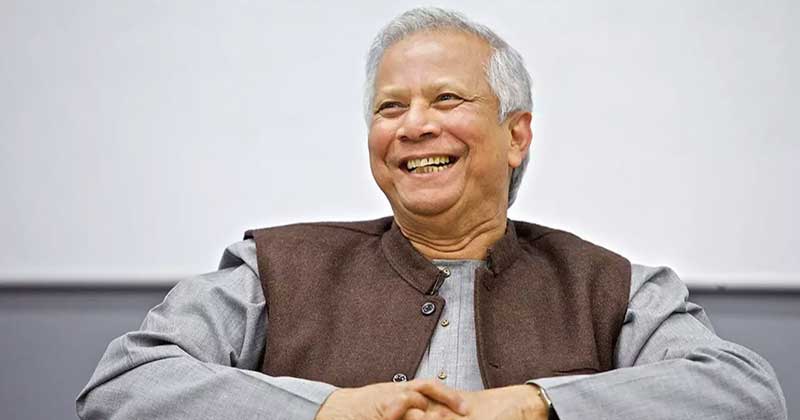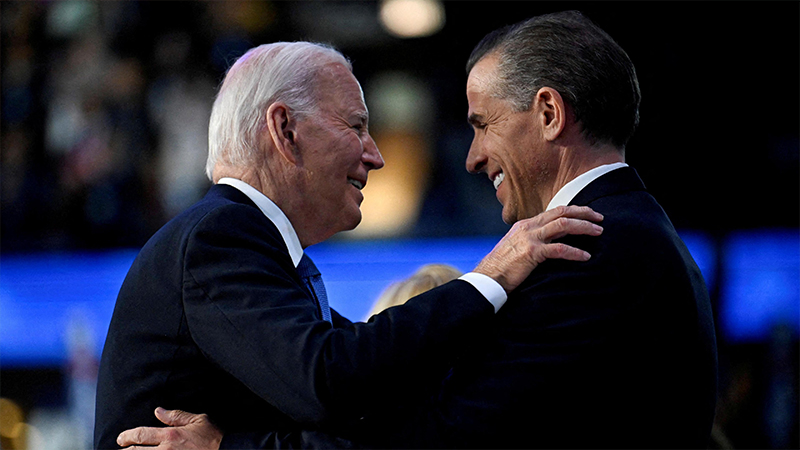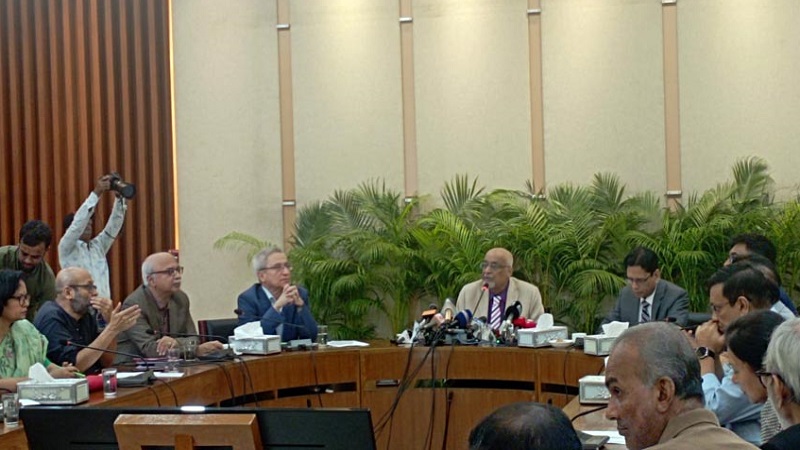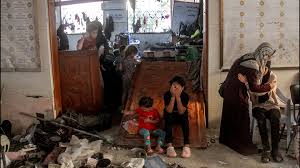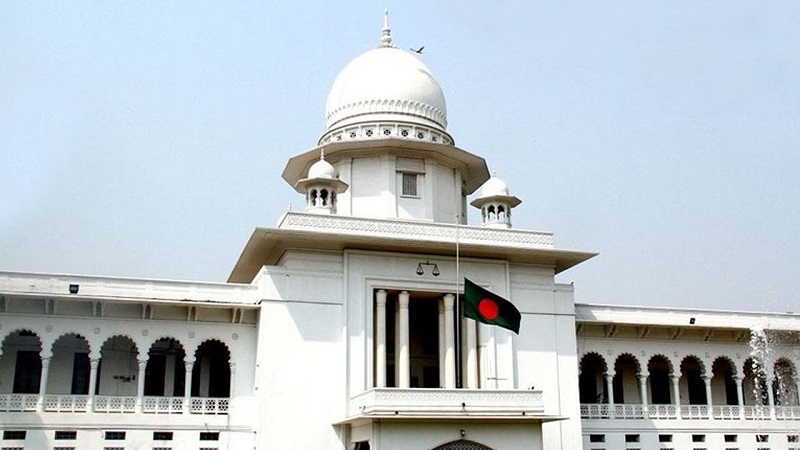Bangladesh’s Power sector is back on track with a 15 per cent year-on-year rise in electricity demand as industrial production resumed on a full scale despite the coronavirus pandemic.
“We have noticed a 15 per cent increase in electricity demand in October this year compared to the same period last year. It proves that we have already begun our normal life and doing great in overcoming the impact of COVID-19 crisis,” Power Division Secretary Dr Sultan Ahmed said in an exclusive interview with the Daily Sun Business Editor.
What did the Covid-19 pandemic mean for the power sector?
We were striving and looking forward to ensuring cent per cent electricity coverage across the country in Mujib year under the leadership of Prime Minister Sheikh Hasina.
All of a sudden, the coronavirus pandemic caught the world by storm and halted all the progression. Bangladesh is no exception to its impact as well. With the view to curbing the impact of the pandemic, the country went through a lockdown which affected the normal life extensively.
When the lockdown was withdrawn, everything began to turn back to normal. However, during the lockdown, 18 organizations including the power division didn't stop working to achieve our goal to ensure 100 per cent power across the country in Mujib Year, the secretary said.
In 1996, when Prime Minister Sheikh Hasina came to the power, the government adopted some policies for institutional reforms in power division to provide affordable and quality power to the people of the country by 2020. Under the leadership of Sheikh Hasina, we have been able to ensure 98 per cent electricity in the country, he added.
Although we have built infrastructures with submarine cables and also laid electric lines to supply electricity to some off-grid area, there are only a few places where we could not take the submarine cable. In order to fulfil our pledge, we have setup solar-systems there, Dr Sultan Ahmed noted.
However, there are some pitfalls of solar power energy--- the primary challenge is that it becomes difficult to provide 24/7 electricity supply due to the lack of storage system.
“For instance, in Monpura, we have installed three solar mini-grids and are shifting to hybrid soon. There will be some diesel generators in stand-by mode to support the hybrid power system. Our goal is to ensure 24/7 power supply to the area.”
In Hatia, we have some existing plants, and we are striving to supply electricity around the clock. Also, we have noticed some commercial demand in Hatia, for instance, the cold storage industry, and we are trying to ensure 3/4 MW electricity supply to support industrialisation in the area.
The COVID-19 crisis along with Amphan disaster hampered the constant progress in the power division significantly. For example, the Cyclone Amphan damaged most of the connections and we successfully ensured 90 per cent reconnection in 24 hours. Amphan also damaged transmitter in Kushtia and in two days we successfully reestablished it.
Due to COVID-19, we faced some temporary management level issue with the billing systems. In the beginning, we decided to create an average billing system as the meter men could not go out. However, this was an ineffective strategy as the meters were showing the average bill even though it remained unused.
On the other hand, while the meter men were measuring the used electricity, it showed less than the electricity used. In that case, we increased the used amount and balanced the overall usage and bill. In order to maintain a good relation with our customers and provide an excellent service, we have successfully solved the issue and our customers were also very supportive under such circumstance.
We have a significant amount of expenditure to produce, run the transmission systems and supply uninterrupted electricity to our customers. We are also bound to pay the due loan and payment to the IPPs (Independent Power Producers).
Meanwhile, our customers could not pay the bill due to the lockdown even though there were some mobile applications facilitating bill payments. As a result, it created a gap in our receipt but we have overcome the challenge with the help our customers. Moreover, the government also approved the billing system without including the surge charge and fine till July 2020.
Another important factor is that we had some mini-grids in the private sector and provided electricity for a high cost, for instance, Tk 30 for per unit. To mitigate this high cost, the government has announced a fixed tariff for everyone. For instance, the amount urban people will be charged will remain the same for the rural people who are getting electricity from mini-grids.


